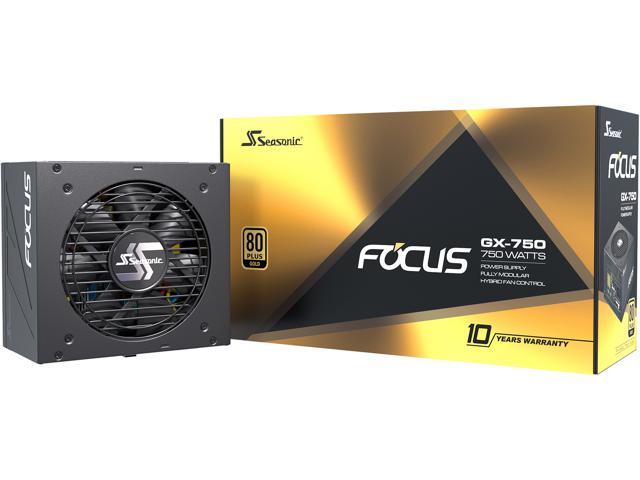Unlike my home country Romania, where I experienced power outages at least 2 times a week (and even had my entire PC die from an overnight storm -- granted I had a crappy Tecnoware PSU when I knew absolutely nothing about PCs and had someone build a cheap PC for me), I have yet to experience a power outage even during storms in the 2 years+ I've lived here. Everything's wired properly in my apartment, had someone take a look and asked the landlord just to be sure. No UPS, just a surge protector.
Battery backup power during a full power outage is only a
minor bonus feature of a "good" UPS with AVR. Its all about the AVR (automatic voltage regulation). A surge and spike protector is little more than a fancy and expensive extension cord as they do
absolutely nothing for abnormal "low" voltage events like dips (opposite of spikes) and sags (opposite of surges), or long duration sags (brownouts) - any of which can cause your electronics to suddenly stop, resulting in possible data corruption. And for "extreme" surges and spikes, a surge and spike protector simply kills power ("
IF" working properly!) to your components. That's hardly good for your computer, drives, data or power supplies.
In terms of abusing your power supply, if left unprotected by a "good" UPS with AVR, any fluctuation the power supply encounters must be addressed and corrected by the PSU's regulation circuits. And while a good PSU is designed to handle those (if not excessive) with no problems, any more "work" those circuits and individual components must do produces heat and helps to increase aging. The more work, the more heat and the faster the aging.
Last, it is important to remember that not all surges and spikes originate on the power "grid". Any major appliance inside your home or office can produce destructive anomalies. Refrigerators, water coolers, microwave ovens, toasters all send surges, spikes, dips and sags EVERY TIME they cycle on and off. And of course, any one of those high-wattage appliances can be faulty, simply fail, or be damaged by some accident or abuse. Or just be an inferior product. A 1500W $15 budget hair dryer from some backwoods factory in China, using parts from a sister factory up river, comes to mind!
I'm just saying, a brand new, stable power grid and totally up-to-code facility wiring does not negate the need for a "good" UPS with AVR. The problem is not about "normal" use. It is about "abnormal" abuse. And a stable power grid, good wiring even with a surge and spike protector will not ensure the PSU is not subjected to "abnormal" abuse.
Asked around in the Linus forums and other places and everyone seems to give the same consensus of "stop being paranoid, the unit is high quality", so I should probably stop being paranoid.
I agree. No need to be paranoid your PSU will fail - under "normal" use.





